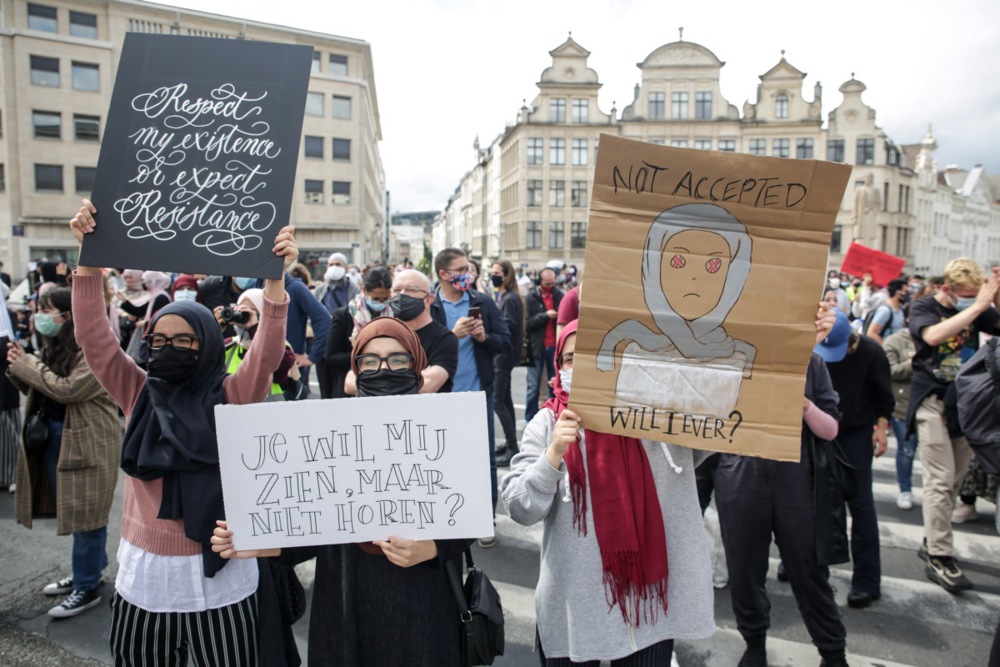In a landmark ruling, the European Union’s top court has declared that government offices across the EU can prohibit employees from wearing religious symbols, citing the importance of maintaining a neutral administrative environment. However, the court emphasized that such restrictions must be uniformly applied to all employees and be in line with the legal framework of each member state.
Published on Tuesday, the decision by the court of justice of the European Union acknowledged the permissibility of bans on religious symbols to ensure an “entirely neutral administrative environment.” The ruling stemmed from a case involving a Muslim employee in the municipality of Ans, Belgium, who was informed that wearing a headscarf at work was not allowed, despite her role involving limited public contact.
The court underscored the necessity for bans on clothing or symbols related to religious or philosophical beliefs to be implemented consistently and without discrimination. It stated, “Such a rule is not discriminatory if it is applied in a general and indiscriminate manner to all of that administration’s staff and is limited to what is strictly necessary.”
The court’s decision emerged following a complaint by the Muslim employee, who argued that the ban was discriminatory and infringed upon her right to freedom of religion. The municipality of Ans subsequently amended its employment terms, requiring strict neutrality from all employees.
While overt signs of religious conviction were prohibited, the court acknowledged that discreet signs of belief, such as earrings with a cross or the holding of Christmas parties, were tolerated.
The ruling, applicable to public sector offices across the EU, affirmed that a policy of strict neutrality “may be regarded as being objectively justified by a legitimate aim.” However, it emphasized that public administrations could also justify allowing employees to display visible signs of belief in a general and indiscriminate manner.
The court recognized the discretion of national courts to strike a balance between individual rights and public service neutrality, stressing that measures adopted should be limited to what is strictly necessary.
The ruling has sparked concerns, with some viewing it as potentially impinging on freedom of religion and expression. Critics argue that such bans disproportionately affect Muslim women, particularly those who wear headscarves, and may contribute to their marginalization.
As the debate continues, the decision prompts a reevaluation of the delicate balance between upholding workplace neutrality and respecting individual rights in the diverse cultural landscape of the European Union.















